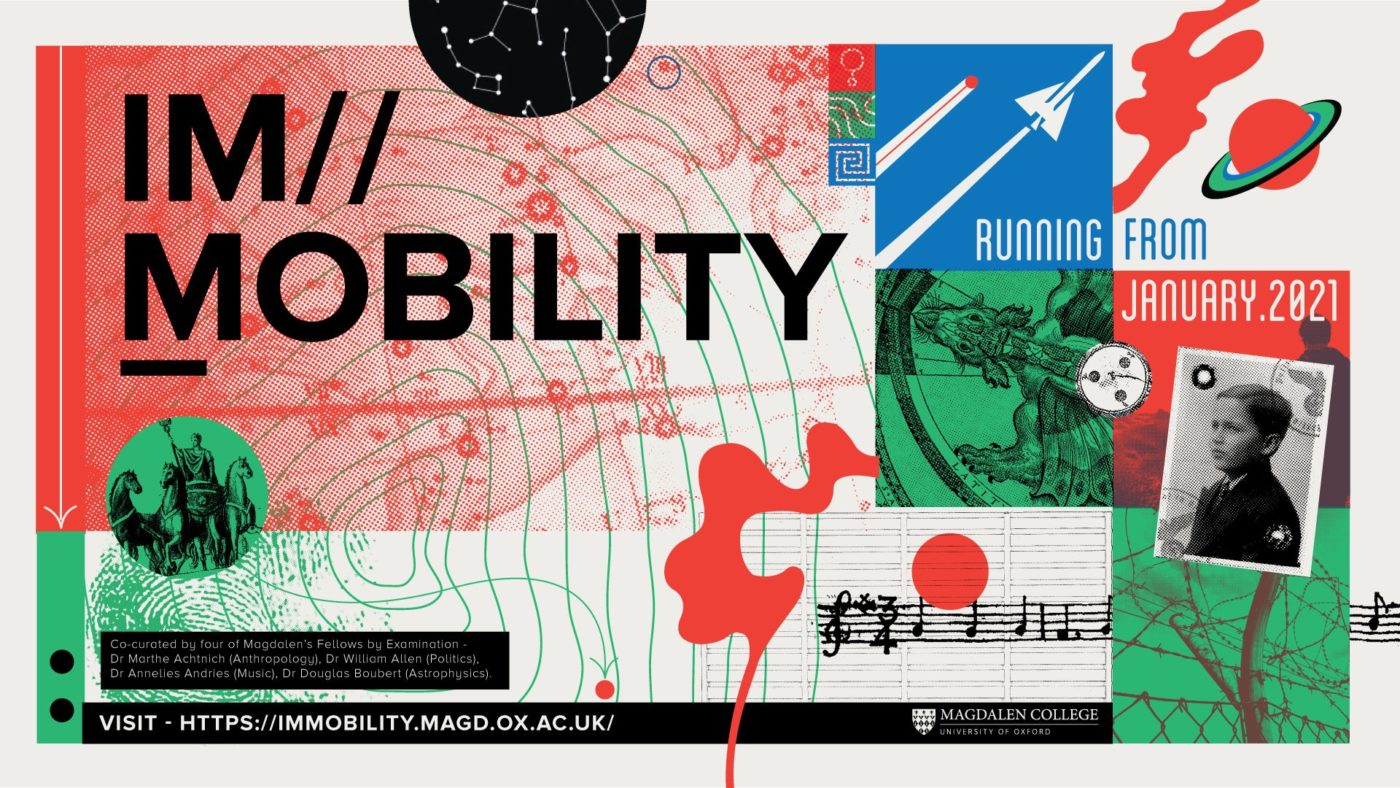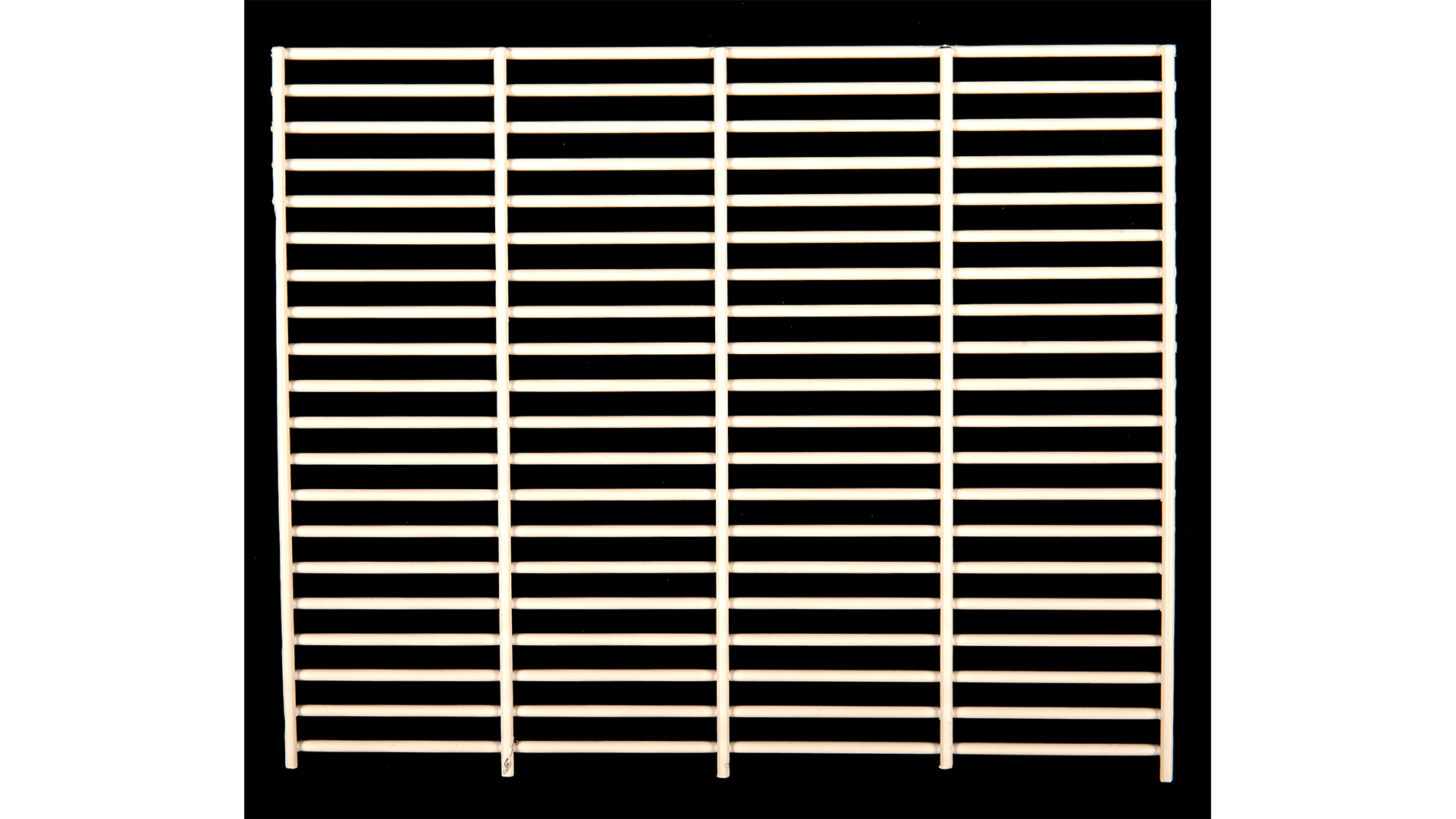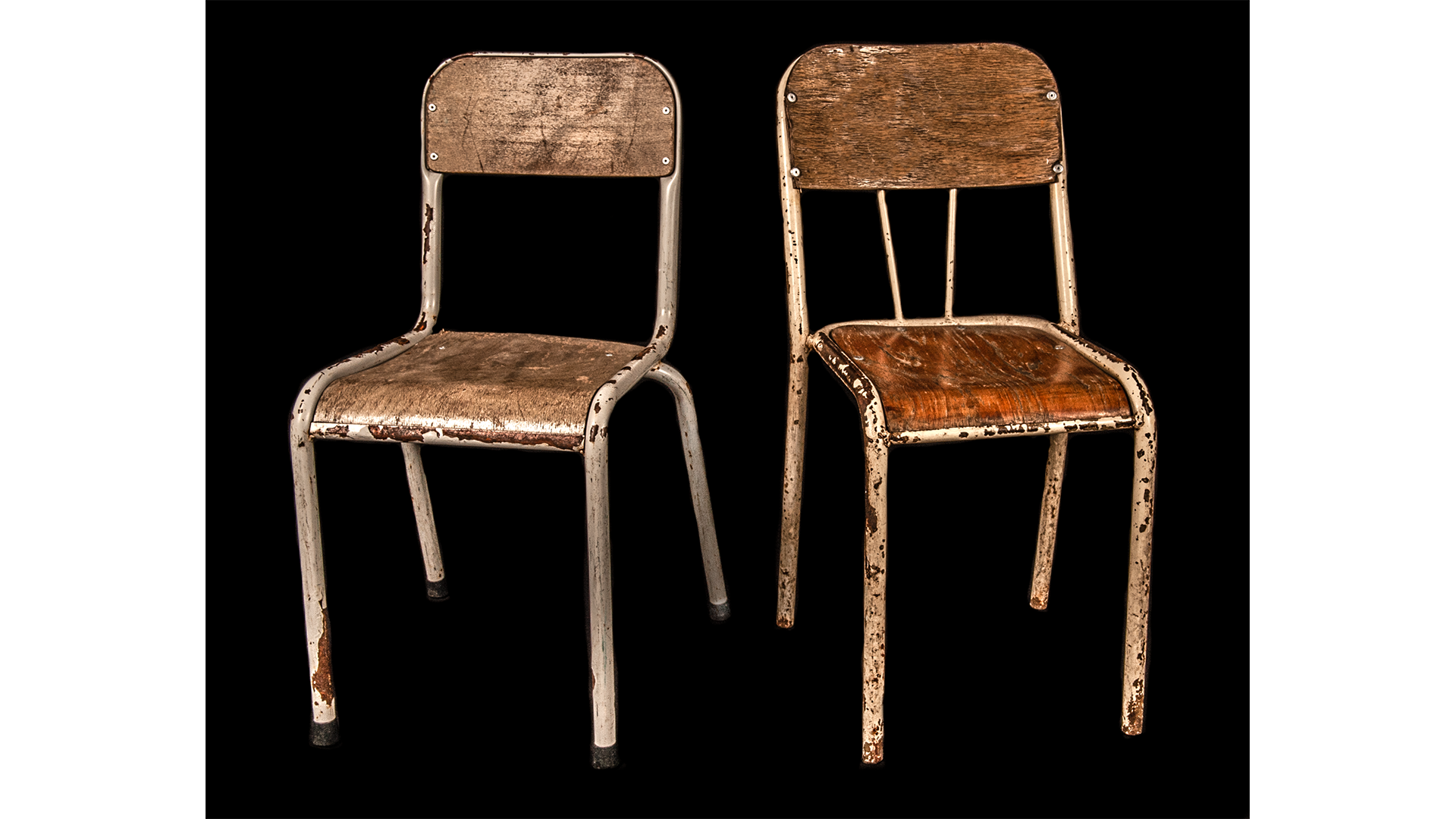

Mobility is everywhere. The world is moving, not only visible in the vast mobilities of people making their journeys within nation states or across borders, but also in the journeys of objects, information and ideas.
Mobility has escalated with globalization: people and objects move faster, with greater intensity and on expanding scales. But is mobility always movement? What might it mean to understand and witness mobility otherwise? Can mobility be undertaken by ideas, information and the immaterial? And how might we characterize and understand mobility in different ways and across academic disciplines? These questions have become even more pertinent in recent times, when the mobility of the Coronavirus has restricted movement worldwide.
With this online exhibition, we open up the multiple dimensions of mobility, from movement to stillness, from the physical to the imaginary. Bringing together a number of themes, ranging from migration, maps and data, to music and the stars, we rethink ideas of what movement and stillness can be. We challenge popular conceptions of mobility and argue that immobility is also movement – simply from a different perspective. We also show how movement does not always happen along a straight path from A to B, and how it can change through time and space.
Our exhibition opens on this page with these dramatic images from France:


[Fence and chairs from the former Calais ‘Jungle.’ Images reproduced here with the kind permission of Caroline Gregory and Sarah Mallett at the Pitt Rivers Museum, University of Oxford.]
This piece of fence and chairs come from the former Calais ‘Jungle’. They serve as a powerful reminder to us that journeys are not always linear, but shaped by periods of stillness, waiting, reroutings, exclusions and returns.
This tension between movement and immobility emerges particularly through documents like the passport, which are in many ways biographies of people’s journeys. A passport reminds us that mobility is not open to all. Sir Guenter Heinz Treitel’s passport (pictured below), for example, speaks of immobility and movement. Born in Berlin into a Jewish family, Treitel (1928-2019) came to England in 1939 as a refugee on the Kindertransport. He was a Fellow of Magdalen College for many years, and later a Fellow at All Souls College and the Vinerian Professor of English Law.
By re-examining common conceptions of migration, we aim to challenge binary and narrow understandings and experiences of mobility. In the following, we look at this through three themes – labelling, depicting, and imagining. We move from maps to data projections, from music to national anthems, and from border control to stars and distant galaxies. We show that by placing movement into categories we create ideas of stasis and order that do not reflect reality, by representing movement using assumptions of linearity we create simplistic ideas that neglect openness, stillness and circularity, and by understanding movement as only geographical we ignore the possibilities of moving when still.
Stillness and movement have shaped Magdalen College over centuries, with its old buildings, gardens and traditions: whether through the flux of scholars with different backgrounds and life journeys, that of its members setting out to explore the world, or that of its many alumni and friends returning and departing. Some of Magdalen’s mobilities are part of this exhibition.
Our hope in this exhibition is to create a space that allows us to understand and explore a world composed of motion. A space that enables us to see beyond mobility as simply linear movement, to highlight the many mobilities in our world through the complex relationship between mobility and immobility. The exhibition itself has ‘moved’ over time too. It was originally planned as a physical exhibition in the Old Library of Magdalen College. Due to the recent developments surrounding the Coronavirus, the exhibition has now found a new home on an online platform, accessible to a wider audience, and thus truly ‘mobile’ in itself.
In the videos below, the exhibition curators introduce themselves and give us an insight into their fascinating research. Due to COVID-19 social-distancing regulations, it was not possible to film the curators together in one room.
Dr Marthe Achtnich:
Dr William Allen:
Dr Annelies Andries:
Dr Douglas Boubert:
Im//mobility is an online exhibition at Magdalen College, University of Oxford, running from January 2021. It is co-curated by four of Magdalen’s Fellows by Examination – Dr Marthe Achtnich (Anthropology), Dr William Allen (Politics), Dr Annelies Andries (Music), Dr Douglas Boubert (Astrophysics).